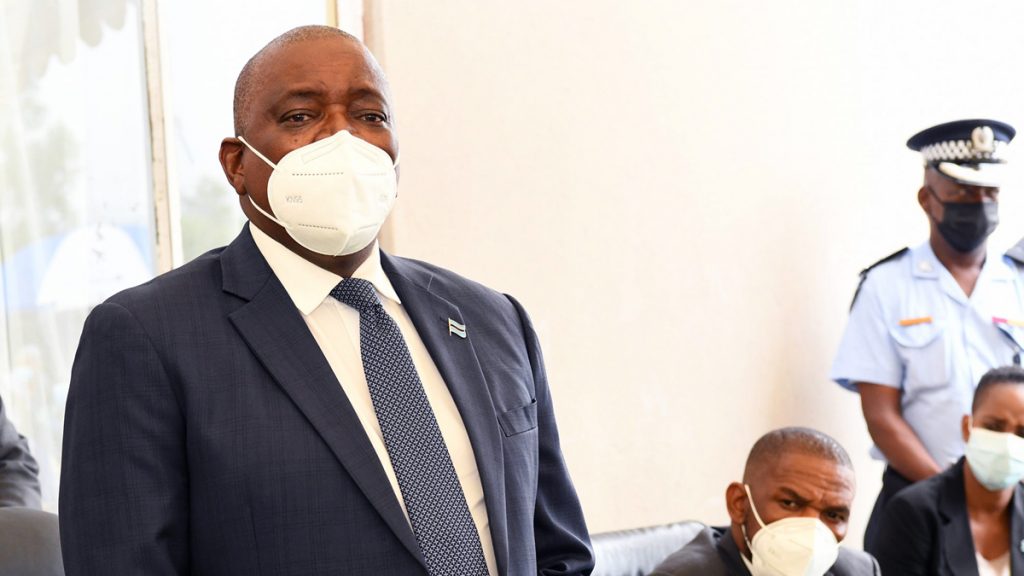His Excellency the President of the Republic of Botswana, Dr Eric Keabetswe Masisi, in his delivery of the State of the Nation Address on the 8th November 2021, announced that the
constitution review process will commence mid December 2021. The announcement was welcomed with jubilation as the review is long overdue. Following this announcement, a Constitutional Review Commission was constituted and announced.
BONELA applauds the President for the inclusion of People with Disability in the Constitutional
Review Commission.
Botswana has many laws, policies and programmes that protect the rights of all people and promote access to health care and other services, including in the context of HIV. Botswana’s Constitution protects the fundamental human rights and freedoms of all people, including the rights to non-discrimination, privacy, liberty, the rights to freedom of expression and association and the right not to be subjected to cruel, inhuman or degrading treatment or punishment.
However, there are gaps and challenges that have been identified within Botswana’s current legal and policy framework where discriminatory and punitive laws, policies and practices create barriers to access to prevention, treatment, care and support for all people, including vulnerable and key populations
In 2017, UNDP in partnership with Ministry of Health and Wellness, developed the Legal Environmental Assessment (2017) with the view to assess laws, regulations and policy guidelines, awareness of rights and access to justice as well as law enforcement in the context of HIV, AIDS and TB
In accordance with the Botswana Constitution, Regional and International human rights commitments, public health and human rights evidence, the following recommendations were prioritised and considered to strengthen human rights protections and to end AIDS by 2030;
a) Inclusion of the right to health; to strengthen adequate protection of this right and ensure the right to the highest attainable standard of physical and mental health for all Batswana. Enjoyment of the human right to health is essential to all aspects of a person’s life and well- being, and is crucial to the realisation of all the other fundamental human rights and freedoms. This right includes the right to health facilities, access to goods and services to be guaranteed to all without discrimination of any kind.
b) Prohibition of discrimination on the basis of HIV and health status to strengthen the legal protections of people living with HIV and TB.
c) Inclusion of economic, social and cultural rights for all persons, some of which are especially relevant in the context of HIV/AIDS and TB, including the rights to education and information, the right to work and the right to social welfare to strengthen the protection of these rights.
d) Removal or amendment of the restrictive provisions of Section 15, sub-section 4(c) which severely restricts, inter alia, the right to gender equality.
Consider taking further action to ensure full implementation and enforcement of laws protecting the right to gender equality and the rights of children and youth and addressing existing barriers through provision in law including through the following:
i. Review, with a view towards removing or repealing Section 15(4)(c) of the Constitution which restricts the right to gender equality;
ii. Provision in law for the specific prohibition of marital rape
e) Furthermore, the report emphasised that states are obligated to respect, protect, and fulfil the right to health. And that states must refrain from denying or limiting equal access to health care and also must implement legislation and take other measures to ensure equal access to health care. To fulfil the right to health, it must be ensured that public health infrastructures provide public sexual and reproductive health services, that health providers are appropriately trained; and that health providers are trained to recognise and respond to the specific needs of vulnerable or marginalised groups.
